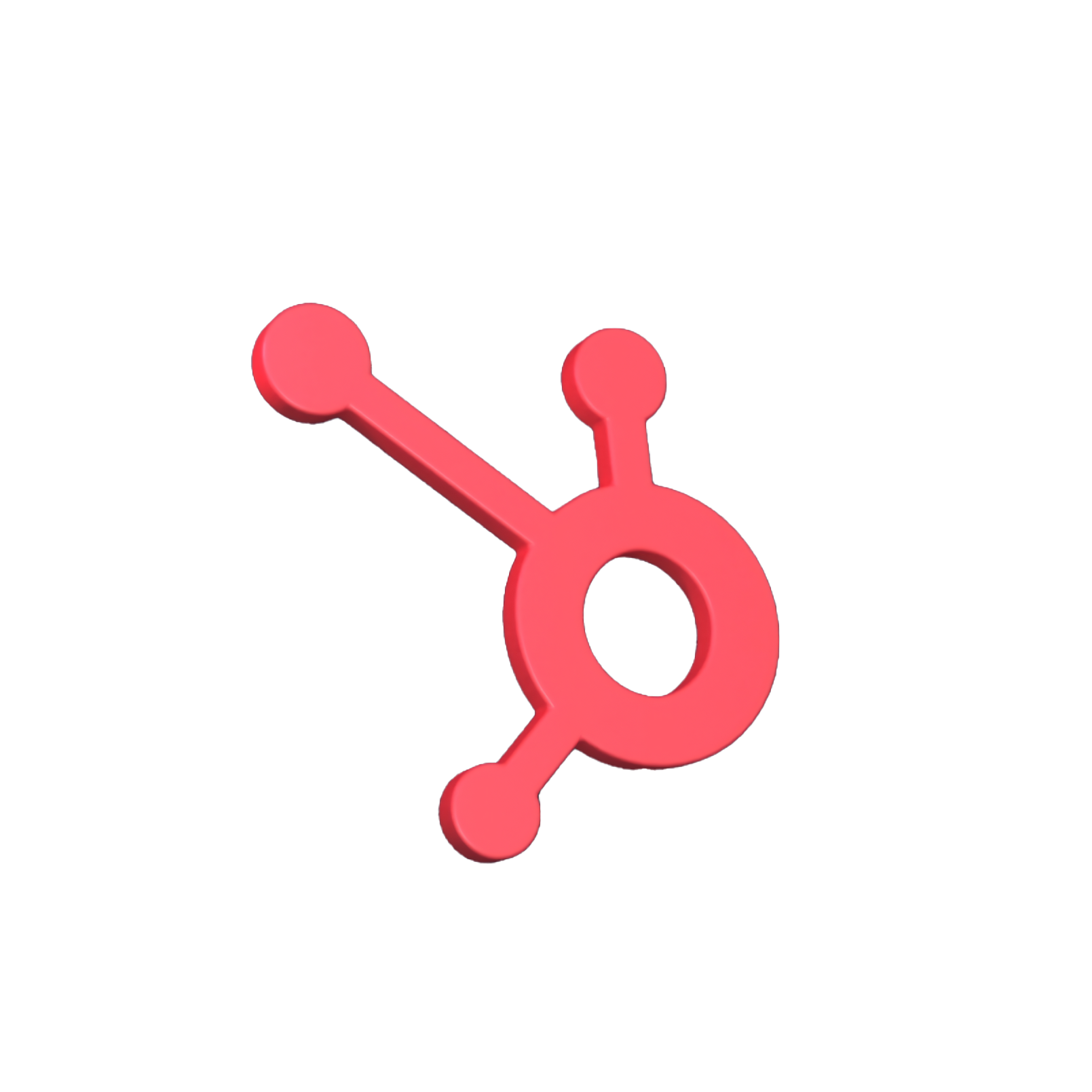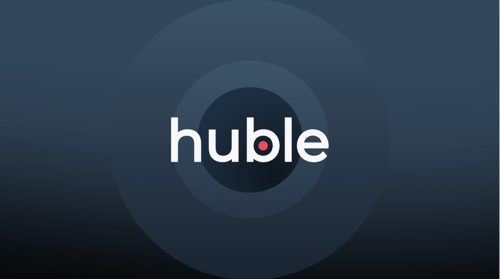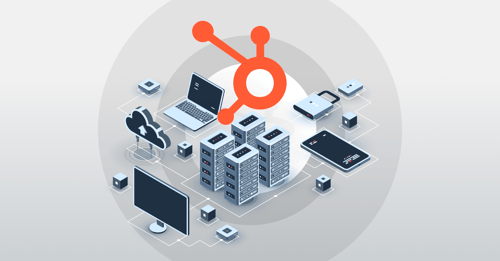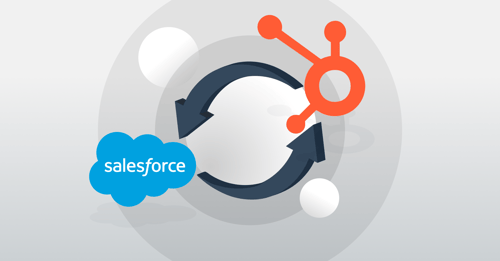Protecting sensitive customer data is a top priority for organisations of all sizes and in every industry. Over time, CRM security measures have undergone a notable development, adapting to the changing landscape of cybersecurity challenges.
In this article, we'll examine both the basic security measures that lay the groundwork for CRM security, as well as more advanced forms of CRM security. We’ll also explore the growing importance of information security and quality controls as part of CRM implementation services.
Traditional CRM security measures
When it comes to safeguarding sensitive customer data, CRM’s have relied on several key security measures:
User Level Security
User level security involves controlling access to CRM data at the individual user level. Organisations assign specific roles and permissions to each user based on their job responsibilities and level of authority. This granular approach to security ensures that users only have access to the data and functionalities necessary to perform their tasks effectively.
For instance, sales representatives may have read-only access to certain customer records, while managers may have full editing capabilities.
User level security allows the enforcement of the principle of least privilege, reducing the likelihood of unauthorised data access or manipulation by limiting each user's access to essential functions and data within the CRM system.
Team Level Security
Team level security is a fundamental aspect of CRM security, focusing on defining access levels and permissions for different teams within an organisation. By segmenting access based on team roles and responsibilities, organisations can ensure that sensitive information is only accessible to authorised teams.
For example, sales teams may have access to customer contact information and sales pipeline data, while marketing teams may have access to campaign metrics and lead data. Team level security helps prevent unauthorised access and minimises the risk of security incidents by restricting access to relevant data and functions within CRM systems.
Field Level Security
Field level security complements team and user level security by providing granular control over access to specific fields within CRM records. Organisations can restrict access to sensitive data fields such as social security numbers, financial information, or confidential notes, ensuring that only authorised users can view or modify these fields. Field level security helps organisations comply with regulatory requirements and internal data protection policies by preventing unauthorised users from accessing sensitive information. Additionally, it minimises the risk of data leakage or exposure by limiting access to sensitive data fields based on user roles and permissions.
In summary, traditional CRM security measures such as team level security, user level security, and field level security form the foundation of data protection within CRM systems. By implementing these security measures effectively, organisations can control access to sensitive customer data, mitigate the risk of data breaches, and maintain compliance with regulatory requirements.
Advancements in CRM security: What HubSpot users should know
More advanced forms of CRM security include newer or more complex techniques and technologies to enhance data protection and mitigate security risks. These features address evolving threats and regulatory requirements, providing organisations with more robust security capabilities.
HubSpot users should know about the following notable advancements in CRM security:
1. Dynamic Data Masking
Dynamic Data Masking is a security feature that helps organisations protect sensitive data by dynamically masking it based on predefined rules and permissions. While platforms like Salesforce offer this feature natively, HubSpot users may consider options such as integrating systems like Nullafi to access similar capabilities. Dynamic Data Masking ensures that only authorised users can view sensitive data in its original form, while masking it from unauthorised users or applications, thereby reducing the risk of data exposure and unauthorised access.
2. Contextual Access Control
Contextual Access Control involves adjusting user access permissions based on contextual factors such as the user's location, device security status, or time of access. While HubSpot is not as mature in this area compared to some other CRM providers, it does offer features like Limiting Logins to Allowed IPs to enhance access control. Contextual Access Control helps organisations enforce stronger authentication and authorisation policies, ensuring that users can only access CRM data under predefined conditions or contexts, thereby reducing the risk of unauthorised access and data breaches.
3. Audit Trails and Logging
HubSpot has been enhancing its logging capabilities to provide users with comprehensive audit trails for monitoring and detecting anomalies. Users can now access logs such as account login history, security activity history, and content activity history, enabling them to track and investigate security-related events effectively. Audit Trails and Logging help organisations maintain visibility into user activities within the CRM system, facilitating compliance with regulatory requirements and enabling timely detection and response to security incidents.
4. Secure API Access
In line with industry best practices, HubSpot has deprecated API Keys in favour of more secure alternatives such as Private App Keys and OAuth authorization. This transition enhances the security of API access and helps prevent unauthorised access to CRM data. Secure API Access ensures that third-party applications and integrations can securely interact with the CRM system, reducing the risk of data breaches and ensuring the integrity and confidentiality of customer data.
5. Portal Security Health Panel
HubSpot has introduced the Security Health panel within its portal, allowing administrators to monitor and improve various security aspects of the platform. This feature provides insights and recommendations to help organisations strengthen their CRM security posture and protect against potential threats. TheSecurity Health Panel offers a centralised view of security-related metrics and recommendations, enabling organisations to proactively identify and address security vulnerabilities and compliance gaps within the CRM environment.
In summary, advancements in CRM security are continuously evolving to address emerging security threats and regulatory requirements. Dynamic Data Masking, Contextual Access Control, Audit Trails and Logging, Secure API Access, and the Portal Security Health Panel are just a few examples of how organisations can enhance their CRM security posture and protect sensitive customer data from unauthorised access, data breaches, and compliance violations.
The critical role of information security and quality in CRM implementation services
Companies providing CRM implementation services should demonstrate their commitment to critical areas such as information security and quality through independent assessment and accreditation.
This is crucial for several reasons:
- Risk mitigation: Implementing a CRM system involves handling a significant amount of data, including customer information. Without proper security measures and quality controls in place, companies risk data breaches, regulatory non-compliance, and reputational damage. Independent assessments help identify and mitigate these risks proactively.
- Legal and regulatory compliance: Many industries have strict regulations regarding data protection and privacy. Independent certifications demonstrate compliance with these regulations, reducing the risk of legal issues and penalties.
- Continuous improvement: Obtaining certifications requires companies to establish and maintain robust processes for information security and quality management. This commitment to continuous improvement ensures that systems and practices evolve to meet emerging threats and challenges.
At Huble, we demonstrate our commitment to data security through certification to ISO standards.
ISO accreditations, including ISO 27001 (Information Security Management) and ISO 27701 (Privacy Information Management), are instrumental in validating the security practices and standards adopted by organisations globally.
By adhering to ISO standards, organisations establish, implement, maintain, and continually improve their information security management systems (ISMS). Achieving ISO certification involves rigorous assessments of security practices, ensuring alignment with internationally recognised standards for data protection and privacy. In the context of CRM security, ISO accreditations serve as a benchmark for evaluating the security posture of vendors and their adherence to industry best practices.
For example, Huble proudly holds ISO/IEC 27001:2022 and ISO 9001:2015 certifications across all seven business locations, showcasing our commitment to information security and quality in CRM implementation services.
In summary, future trends in CRM security will be characterised by greater alignment with compliance requirements and the growing importance of ISO certifications as testament to trustworthy data protection practices.
Let's now take a look at implementation considerations with regard to CRM security that you should bear in mind when implementing a new CRM.
Steps to strengthen security when choosing a new CRM
Before choosing a CRM system, organisations must carefully assess their security needs and compliance requirements to ensure that the selected platform aligns with their objectives.
Here are some key implementation considerations:
- Assessing security needs and compliance requirements
The first step in implementing a secure CRM system is to conduct a thorough assessment of the organisation's security needs and compliance requirements. This involves identifying the types of data stored within the CRM system, understanding regulatory requirements such as GDPR, CCPA, or industry-specific standards, and evaluating potential security risks and vulnerabilities. By understanding their security and compliance requirements, organisations can make informed decisions when selecting a CRM platform and implementing appropriate security measures. - Selecting appropriate CRM platforms and tools
Once security needs and compliance requirements have been identified, organisations can evaluate CRM platforms and tools that offer enhanced security features and capabilities. Key considerations include data encryption, access controls, authentication mechanisms, audit trails, and compliance certifications. Organisations should prioritise CRM solutions that provide robust security controls and support compliance with industry regulations. - Planning and executing custom security configurations
After selecting a CRM platform, organisations must plan and execute custom security configurations to align the system with their security policies and requirements. This involves defining user roles and permissions, configuring access controls, setting up data encryption, enabling audit trails, and implementing other security measures based on best practices and regulatory guidelines. Organisations should also regularly review and update security configurations to address evolving threats and compliance requirements. Partnering with a HubSpot partner can provide organisations with expertise and guidance throughout the implementation process, ensuring that security measures are implemented effectively and in accordance with industry standards.
In conclusion, implementing a secure CRM system requires careful consideration of security needs, compliance requirements, and the selection and configuration of appropriate CRM platforms and tools. By assessing security needs, selecting the right CRM solution, and planning and executing custom security configurations, organisations can enhance their CRM security posture and protect sensitive customer data from unauthorised access, data breaches, and compliance violations.
Conclusion
Protecting sensitive customer data in CRM systems is a constant priority for organisations worldwide. However, navigating the complex landscape of CRM security can often be overwhelming. Ensuring CRM security involves more than just implementing basic safeguards; it requires a comprehensive understanding of evolving threats and the latest security technologies.
This is where a HubSpot partner can provide invaluable guidance. Our team is up to speed with the latest developments and can show you what CRM security options you have in HubSpot.
From basic principles like team and user-level security to advanced techniques like dynamic data masking and contextual access control, we can help you develop a security strategy that meets your specific needs and compliance requirements.
Contact our team today to find out how we can help you.








-3.png?width=500&height=320&name=Matt%20-%20imagery%20bank%20(8)-3.png)



